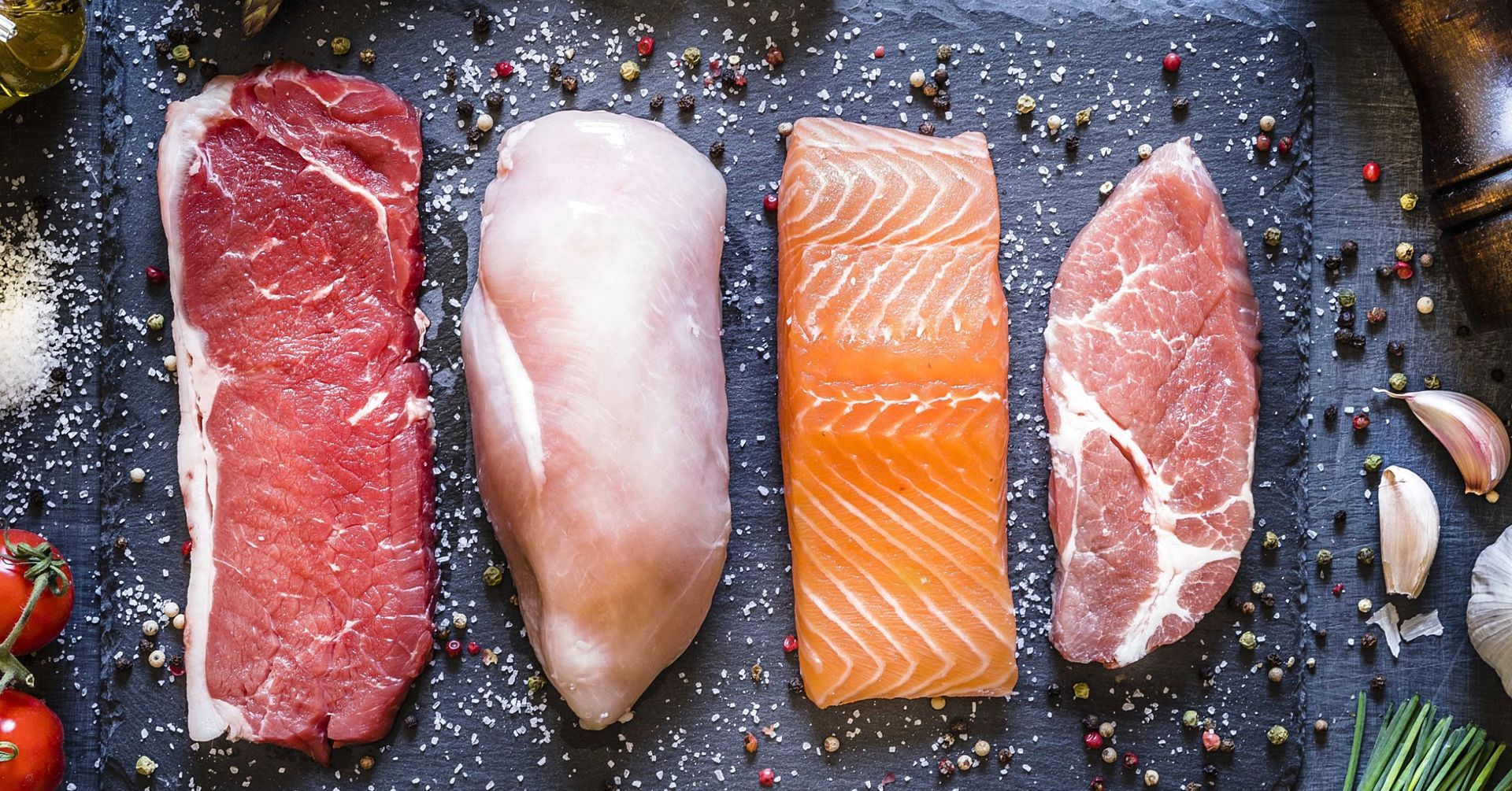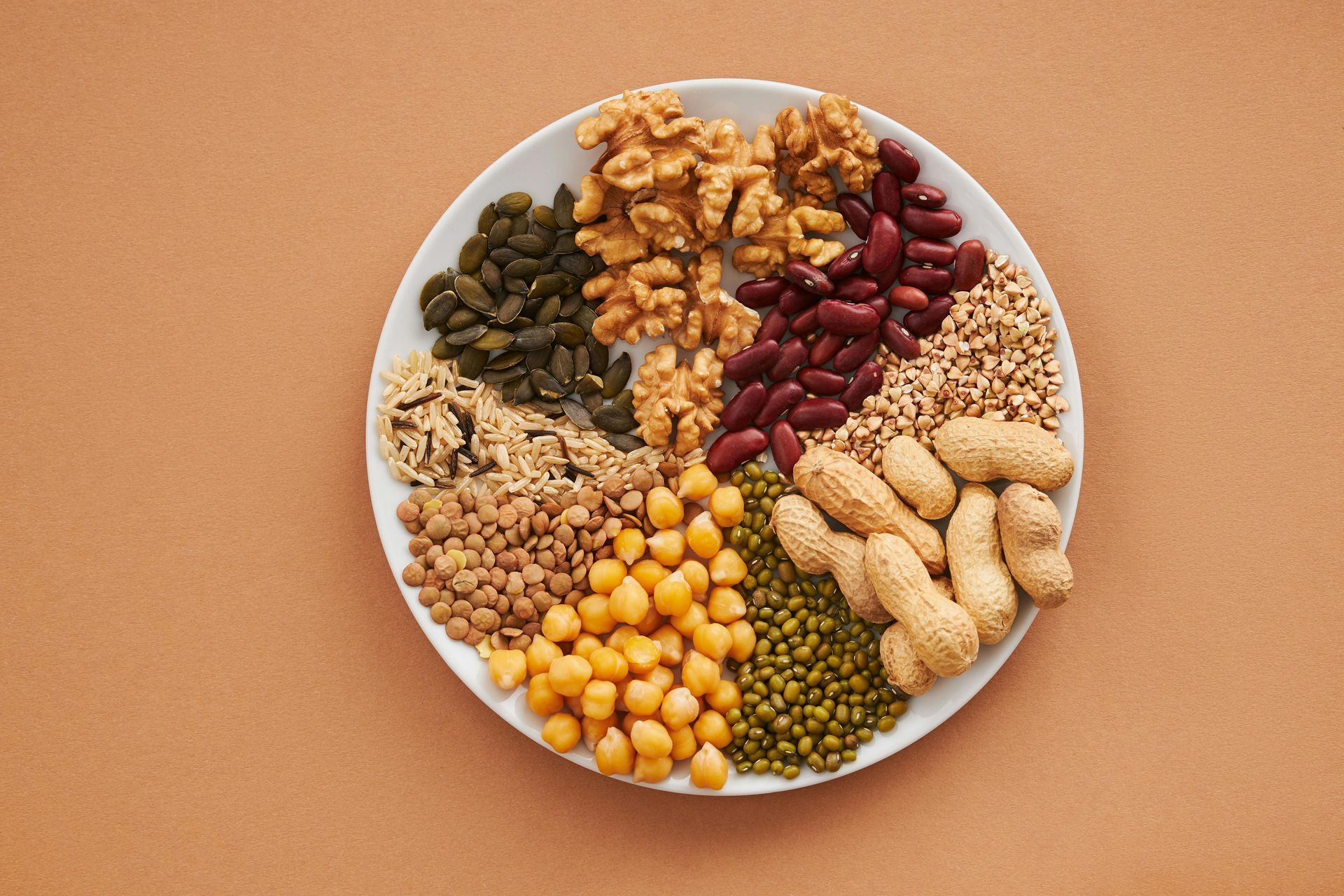Aging, Muscle Mass, and Protein: What You Need to Know for Lifelong Strength and Metabolism
As a surgeon, I’ve witnessed firsthand how protein intake and muscle mass directly influence recovery after surgery. Patients with greater strength and lean muscle not only heal faster but also experience fewer complications and regain independence more quickly. This isn’t just anecdotal – research consistently shows that adequate protein and robust muscle reserves enhance surgical outcomes and resilience during illness. Yet, beyond the operating room, maintaining muscle mass plays a profound role in our daily lives. Muscle is essential for supporting metabolism, mobility, balance, and overall longevity. It’s the foundation for vibrant, independent aging – something I’m passionate about helping others achieve through thoughtful nutrition and intentional living.
Why Does Muscle Matter So Much As We Age?
Starting in our 40s, we naturally begin to lose about 1% of our muscle mass each year (Strasser et al.). This process, called sarcopenia, accelerates with inactivity, inadequate nutrition, hormonal changes, and chronic inflammation. The consequences extend beyond strength alone – loss of muscle mass reduces mobility, increases the risk of falls, impairs balance, and contributes to frailty and loss of independence later in life.
But there’s another layer that’s often missed: Muscle is a metabolically active tissue. It burns calories even at rest, supporting our basal metabolic rate (BMR). In other words, the more muscle mass we have, the higher our daily energy expenditure, which helps regulate weight, blood sugar, and overall metabolic health. When muscle mass declines, our metabolism slows, making it easier to gain fat and harder to maintain a healthy weight and vitality.
The PROT-AGE Study: How Much Protein Do We Really Need?
For years, we were told that 0.8 grams of protein per kilogram of body weight daily was enough for everyone. However, the landmark PROT-AGE Study, which gathered experts worldwide to examine protein needs in aging, showed that older adults actually need more protein – around 1.0 to 1.2 g/kg/day, and even up to 1.5 g/kg/day during illness or recovery to maintain or regain lean muscle (Bauer et al.).
Why the increase? As we age, our muscles become less responsive to protein intake, a phenomenon called anabolic resistance. Essentially, our bodies require a stronger signal from nutrition and movement to maintain or build muscle.

A Note for My Plant-Based Guests
Here at Coral Cove, many of our guests embrace vegan and vegetarian living for health, spiritual, or environmental reasons. I fully support plant-based nutrition when done mindfully. That said, it’s important to understand that getting adequate protein from plants alone can be challenging.
Here’s why:
- Lower Digestibility and Bioavailability
Plant proteins often aren’t as easily digested or absorbed as animal proteins (Lim et al.). - Incomplete Amino Acid Profiles
Many plant proteins are lower in certain amino acids – particularly leucine, lysine, and methionine – which are critical for muscle protein synthesis (Lim et al.). - Greater Volume Needed
To match the muscle-building effects of animal protein, you may need to consume larger amounts or combine different plant proteins strategically (Lim et al.). - Creatine Considerations
Creatine, a compound crucial for muscle strength, energy, and brain function, is found almost exclusively in animal products. Vegans and vegetarians often have lower muscle creatine stores, which can impact performance, cognitive resilience, and muscle mass (Strasser et al.).
Practical Recommendations
If you prefer to avoid animal proteins, here’s how you can support your muscle health and metabolism as you age:
- Diversify Your Plant Proteins
Combine legumes, soy, quinoa, nuts, seeds, and whole grains to ensure a full spectrum of amino acids. - Consider Amino Acid Supplements
Adding leucine-rich supplements or essential amino acid blends can enhance muscle protein synthesis, particularly if dietary intake is limited (Bauer et al.). - Creatine Supplementation
Creatine monohydrate is vegan-friendly and well-researched to improve strength, muscle mass, cognitive health, and performance. - Prioritize Resistance Exercise
Exercise is the strongest signal for your body to build and preserve muscle. Even simple bodyweight movements, resistance bands, or light weights done consistently can make a profound difference (Strasser et al.).
Animal vs Plant-Based Supplements
Animal-based protein powders (such as whey or casein) are rapidly absorbed and rich in leucine, giving them a slight advantage in stimulating muscle protein synthesis (Lim et al.). However, plant-based protein powders – including soy, pea, and rice protein – can still be highly effective when consumed in sufficient amounts and combined strategically.

My Final Thoughts
Maintaining muscle mass is about far more than aesthetics. It’s about preserving your metabolic health, mobility, independence, and vitality for decades to come.
At Coral Cove Wellness Resort, we craft plant-forward menus with intention, ensuring you receive balanced, nourishing meals to support your wellness journey. Our team is here to guide you in integrating mindful movement, optimal nutrition, and personalized strategies to age with strength, metabolic resilience, and grace.
If you’re ready to take your health to the next level, I invite you to join us for an upcoming wellness retreat or simply spend a few days immersed in the healing beauty of our protected cove.
Your strength is your freedom. Build it and protect it.
– Dr. Adam Abodeely
References
- Bauer, J., et al. "Evidence-Based Recommendations for Optimal Dietary Protein Intake in Older People: A Position Paper From the PROT-AGE Study Group." Journal of the American Medical Directors Association, vol. 14, no. 8, 2013, pp. 542–559.https://doi.org/10.1016/j.jamda.2013.05.021.
- Lim, M.T., et al. "Animal Protein versus Plant Protein in Supporting Lean Mass and Muscle Strength: A Systematic Review and Meta-Analysis of Randomized Controlled Trials." Nutrients, vol. 13, no. 2, 2021, p. 661. https://doi.org/10.3390/nu13020661.
- Strasser, B., et al. "Role of Dietary Protein and Muscular Fitness on Longevity and Aging." Aging and Disease, vol. 9, no. 1, 2018, pp. 119–132. https://doi.org/10.14336/AD.2017.0202.


